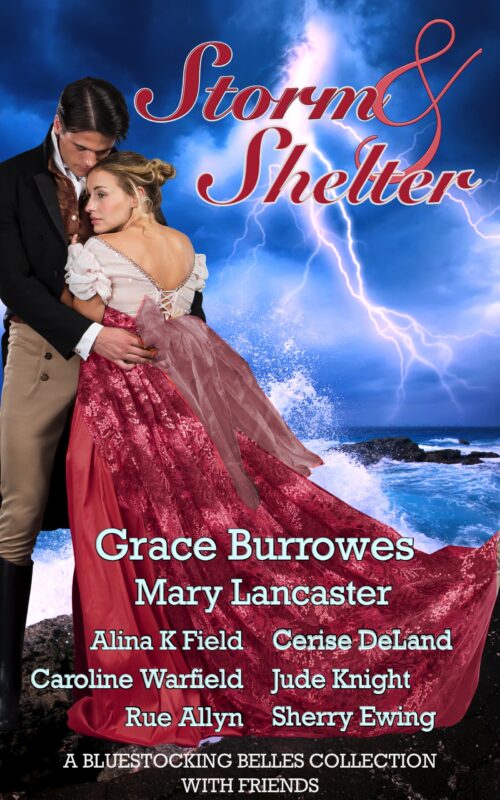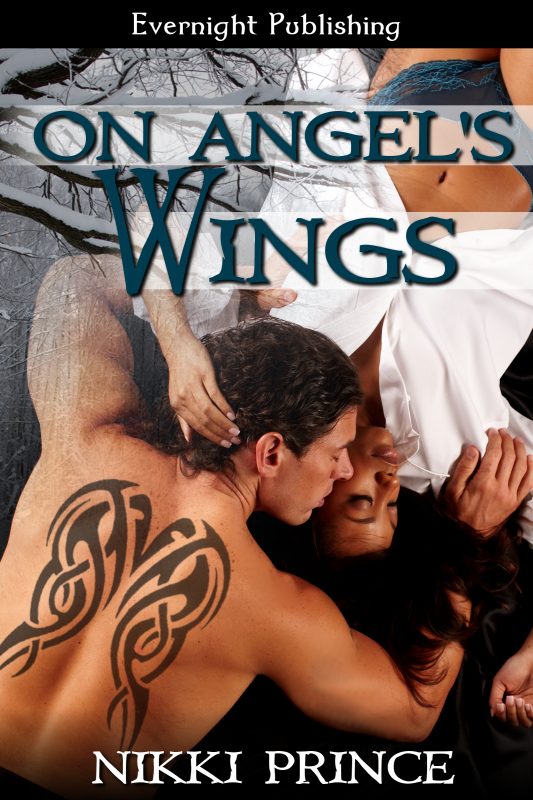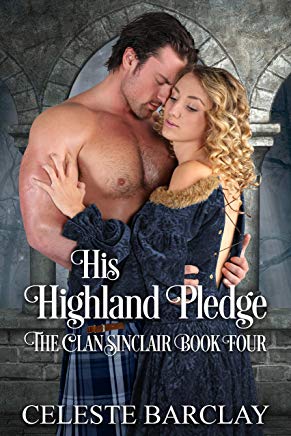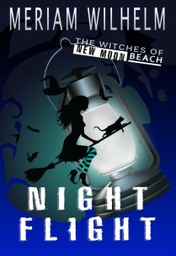2025 Bethlehem Writers Roundtable Short Story Award
February 17, 2025 by Bethlehem Writers Group in category Contests, From a Cabin in the Woods by Members of Bethlehem Writers Group tagged as #TheBWG, Bethlehem Writers Group, Bethlehem Writers Roundtable Short Story Award, Short Story Award
With the new year comes another contest for BWG LLC’s latest anthology, Illusive Worlds, forthcoming in 2026.
BWG is seeking never-published stories of 2,500 words or fewer on the theme of Speculative Fiction (broadly interpreted tales of science fiction and fantasy).
The winners receive cash and publication, with the first-place winner being considered for our upcoming anthology, Illusive Worlds: Sweet, Funny, and Strange Tales of Science Fiction and Fantasy.
The Contest opened January 1, 2025, and the deadline is March 31, 2025. Science fiction and fantasy author Adrian Tchaikovsky will judge the 2025 contest. Click the link below for more information and the entry form.
https://bwgwritersroundtable.com/short-story-award-2
If you have a great story concept for Illusive Worlds, fire up that word processor and get started.
First Place:
$250 and consideration for publication in our upcoming anthology: Illusive Worlds: Sweet, Funny, and Strange Tales of Science Fiction and Fantasy or Bethlehem Writers Roundtable
Second Place:
$100 and publication in Bethlehem Writers Roundtable
Third Place:
$50 and publication in Bethlehem Writers Roundtable
The 2025 contest judge is science-fiction and fantasy author Adrian Tchaikovsky.
For more information on the 2025 Short Story Award and for information on how to enter, click here. You can also read an interview with Mr. Tchaikovsky here.
Books from Bethlehem Writers Group, LLC

The Bethlehem Writers Group, LLC (BWG), founded in 2006, is a community of mutually supportive, fiction and nonfiction authors based in Bethlehem, Pennsylvania. The members are as different from each other as their stories, spanning a range of genres including: children’s, fantasy, humor, inspiration, literary, memoir, mystery, paranormal, romance, science fiction, women’s fiction, and young adult.
See the schedule of meetings and events here.
Digging Deep by Dianna Sinovic
February 13, 2025 by Bethlehem Writers Group in category From a Cabin in the Woods by Members of Bethlehem Writers Group tagged as Digging deep, emotions, reader reactions, writing
I can still remember watching Titanic shortly after it came out (late ‘90s). It was the climax, after the iceberg has done its damage and the unsinkable ship is sinking. Rose is lying on the floating debris, and Jack is about to succumb to hypothermia. In the sea of people surrounding me and a friend in the movie theater, we were the only two not sobbing. We looked at each other as the credits rolled, baffled at the teary response we were witnessing.
It was a powerful lesson in storytelling to realize that not everyone reacts to an emotional scene in a way the author (or director) hopes they will.
That varied reaction is one that plays out again and again in discussions with other readers—in my book group, in my movie group, and in my various writers’ groups. We each bring to the books we read and movies we watch a unique set of experiences that influence how we respond to the material.
When the emotional pull is deep, the power of the story can remain long after I finish the book or the movie ends. For me, a book that stayed with me long afterward was Atonement by Ian McEwan. The ending (spoiler alert!), when the reader discovers that Cecilia and Robbie, the young couple they’ve become invested in, actually died because of what another character did that put them in harm’s way, devasted me. I put off starting a new book for days because that story kept haunting me.
Another example is Mongrels by Stephen Graham Jones, about a teen boy who may or may not have inherited his family’s ability to become a werewolf. By the time the climax arrives, the reader is beginning to think the potential transformation will not happen. (Spoiler alert!) So when it does happen, the reader feels the relief viscerally, just as the main character does. I returned to that scene to reread it again and again, marveling at how it affected me.
Neither of these books may have affected you, but it was alchemy magic for me. Or, not really magic, but the skill of the author to build a story so that the emotional stakes for the protagonist feel so real and true that the reader can’t help but experience it along with that main character.
As a book coach, I can be impressed with and enjoy a story for a number of craft reasons—but the reader in me will fall in love with a book because of how it moves me.
According to Donald Maass inhis superb nonfiction book The Emotional Craft of Fiction, the key to moving the reader is making the emotional stakes clear—letting the reader see/understand why what happens is meaningful to the main character. When the important thing does happen (or doesn’t), we feel the impact deeply and it remains with us. “Focus on the emotional world of your characters,” Maass writes, “and you will not only make a better tale, but you will build a better world for us all.”
Let’s return to the movie Titanic. Rewatching that film recently, more than twenty years after my first viewing, my reaction to the climactic scene in the water was much different. I ran for the tissues. The movie hadn’t changed (Jack still died), but so it had to be me. Those intervening years provided enough love and loss to connect emotionally with the scene that played out.
Books By Bethlehem Writers Group
2025 Bethlehem Writers Roundtable Short Story Award
February 4, 2025 by Bethlehem Writers Group in category Contests, From a Cabin in the Woods by Members of Bethlehem Writers Group tagged as #TheBWG, Bethlehem Writers Group, Bethlehem Writers Roundtable Short Story Award, Short Story Award
With the new year comes another contest for BWG LLC’s latest anthology, Illusive Worlds, forthcoming in 2026.
BWG is seeking never-published stories of 2,500 words or fewer on the theme of Speculative Fiction (broadly interpreted tales of science fiction and fantasy).
The winners receive cash and publication, with the first-place winner being considered for our upcoming anthology, Illusive Worlds: Sweet, Funny, and Strange Tales of Science Fiction and Fantasy.
The Contest opened January 1, 2025, and the deadline is March 31, 2025. Science fiction and fantasy author Adrian Tchaikovsky will judge the 2025 contest. Click the link below for more information and the entry form.
https://bwgwritersroundtable.com/short-story-award-2
If you have a great story concept for Illusive Worlds, fire up that word processor and get started.
First Place:
$250 and consideration for publication in our upcoming anthology: Illusive Worlds: Sweet, Funny, and Strange Tales of Science Fiction and Fantasy or Bethlehem Writers Roundtable
Second Place:
$100 and publication in Bethlehem Writers Roundtable
Third Place:
$50 and publication in Bethlehem Writers Roundtable
The 2025 contest judge is science-fiction and fantasy author Adrian Tchaikovsky.
For more information on the 2025 Short Story Award and for information on how to enter, click here. You can also read an interview with Mr. Tchaikovsky here.
Books from Bethlehem Writers Group, LLC
2025 Bethlehem Writers Roundtable Short Story Award
January 17, 2025 by Bethlehem Writers Group in category Contests, From a Cabin in the Woods by Members of Bethlehem Writers Group tagged as #TheBWG, Bethlehem Writers Group, Bethlehem Writers Roundtable Short Story Award, Short Story Award
With the new year comes another contest for BWG LLC’s latest anthology, Illusive Worlds, forthcoming in 2026.
BWG is seeking never-published stories of 2,500 words or fewer on the theme of Speculative Fiction (broadly interpreted tales of science fiction and fantasy).
The winners receive cash and publication, with the first-place winner being considered for our upcoming anthology, Illusive Worlds: Sweet, Funny, and Strange Tales of Science Fiction and Fantasy.
The Contest opened January 1, 2025, and the deadline is March 31, 2025. Science fiction and fantasy author Adrian Tchaikovsky will judge the 2025 contest. Click the link below for more information and the entry form.
https://bwgwritersroundtable.com/short-story-award-2
If you have a great story concept for Illusive Worlds, fire up that word processor and get started.
First Place:
$250 and consideration for publication in our upcoming anthology: Illusive Worlds: Sweet, Funny, and Strange Tales of Science Fiction and Fantasy or Bethlehem Writers Roundtable
Second Place:
$100 and publication in Bethlehem Writers Roundtable
Third Place:
$50 and publication in Bethlehem Writers Roundtable
The 2025 contest judge is science-fiction and fantasy author Adrian Tchaikovsky.
For more information on the 2025 Short Story Award and for information on how to enter, click here. You can also read an interview with Mr. Tchaikovsky here.
Books from Bethlehem Writers Group, LLC
The BWR 2025 Short Story Award competition opens soon!
December 13, 2024 by Bethlehem Writers Group in category From a Cabin in the Woods by Members of Bethlehem Writers Group tagged as 2025 Short Story Award, Bethlehem Writers Group, BWG
Beginning in January 2025, the BWR Short Story Award will open the competition soliciting stories of 2,500 words or fewer on the theme of Speculative Fiction (tales of science fiction and fantasy, broadly interpreted).
The winners receive cash and publication, with the first-place winner being considered for their upcoming anthology, Illusive Worlds: Sweet, Funny and Strange Tales of Science Fiction and Fantasy, forthcoming in 2026.

Contest will open January 1, 2025 and the deadline will be March 31, 2025. The 2025 contest judge will be science-fiction and fantasy author Adrian Tchaikovsky.
For more information on the 2025 Short Story Award, click here. You can read an interview with Mr. Tchaikovsky here.
Other BWG Publications
Affiliate Links
A Slice of Orange is an affiliate with some of the booksellers listed on this website, including Barnes & Nobel, Books A Million, iBooks, Kobo, and Smashwords. This means A Slice of Orange may earn a small advertising fee from sales made through the links used on this website. There are reminders of these affiliate links on the pages for individual books.
Search A Slice of Orange
Find a Column
Archives
Featured Books
THEIR NIGHT TO REMEMBER
A handsome stranger…With an ulterior motive.
More info →NIGHT FLIGHT
Olivia Merriman’s witchy wiring has all gone haywire and if she doesn’t get it under control soon she’s going to lose her boyfriend, her magic and a whole lot more!
More info →Newsletter
Contributing Authors
Search A Slice of Orange
Find a Column
Archives
Authors in the Bookstore
- A. E. Decker
- A. J. Scudiere
- A.J. Sidransky
- Abby Collette
- Alanna Lucus
- Albert Marrin
- Alice Duncan
- Alina K. Field
- Alison Green Myers
- Andi Lawrencovna
- Andrew C Raiford
- Angela Pryce
- Aviva Vaughn
- Barbara Ankrum
- Bethlehem Writers Group, LLC
- Carol L. Wright
- Celeste Barclay
- Christina Alexandra
- Christopher D. Ochs
- Claire Davon
- Claire Naden
- Courtnee Turner Hoyle
- Courtney Annicchiarico
- D. Lieber
- Daniel V. Meier Jr.
- Debra Dixon
- Debra H. Goldstein
- Debra Holland
- Dee Ann Palmer
- Denise M. Colby
- Diane Benefiel
- Diane Sismour
- Dianna Sinovic
- DT Krippene
- E.B. Dawson
- Emilie Dallaire
- Emily Brightwell
- Emily PW Murphy
- Fae Rowen
- Faith L. Justice
- Frances Amati
- Geralyn Corcillo
- Glynnis Campbell
- Greg Jolley
- H. O. Charles
- Jaclyn Roché
- Jacqueline Diamond
- Janet Lynn and Will Zeilinger
- Jaya Mehta
- Jeannine Atkins
- Jeff Baird
- Jenna Barwin
- Jenne Kern
- Jennifer D. Bokal
- Jennifer Lyon
- Jerome W. McFadden
- Jill Piscitello
- Jina Bacarr
- Jo A. Hiestand
- Jodi Bogert
- Jolina Petersheim
- Jonathan Maberry
- Joy Allyson
- Judy Duarte
- Justin Murphy
- Justine Davis
- Kat Martin
- Kidd Wadsworth
- Kitty Bucholtz
- Kristy Tate
- Larry Deibert
- Larry Hamilton
- Laura Drake
- Laurie Stevens
- Leslie Knowles
- Li-Ying Lundquist
- Linda Carroll-Bradd
- Linda Lappin
- Linda McLaughlin
- Linda O. Johnston
- Lisa Preston
- Lolo Paige
- Loran Holt
- Lynette M. Burrows
- Lyssa Kay Adams
- Madeline Ash
- Margarita Engle
- Marguerite Quantaine
- Marianne H. Donley
- Mary Castillo
- Maureen Klovers
- Megan Haskell
- Melanie Waterbury
- Melisa Rivero
- Melissa Chambers
- Melodie Winawer
- Meriam Wilhelm
- Mikel J. Wilson
- Mindy Neff
- Monica McCabe
- Nancy Brashear
- Neetu Malik
- Nikki Prince
- Once Upon Anthologies
- Paula Gail Benson
- Penny Reid
- Peter J Barbour
- Priscilla Oliveras
- R. H. Kohno
- Rachel Hailey
- Ralph Hieb
- Ramcy Diek
- Ransom Stephens
- Rebecca Forster
- Renae Wrich
- Roxy Matthews
- Ryder Hunte Clancy
- Sally Paradysz
- Sheila Colón-Bagley
- Simone de Muñoz
- Sophie Barnes
- Susan Kaye Quinn
- Susan Lynn Meyer
- Susan Squires
- T. D. Fox
- Tara C. Allred
- Tara Lain
- Tari Lynn Jewett
- Terri Osburn
- Tracy Reed
- Vera Jane Cook
- Vicki Crum
- Writing Something Romantic
Affiliate Links
A Slice of Orange is an affiliate with some of the booksellers listed on this website, including Barnes & Nobel, Books A Million, iBooks, Kobo, and Smashwords. This means A Slice of Orange may earn a small advertising fee from sales made through the links used on this website. There are reminders of these affiliate links on the pages for individual books.































































